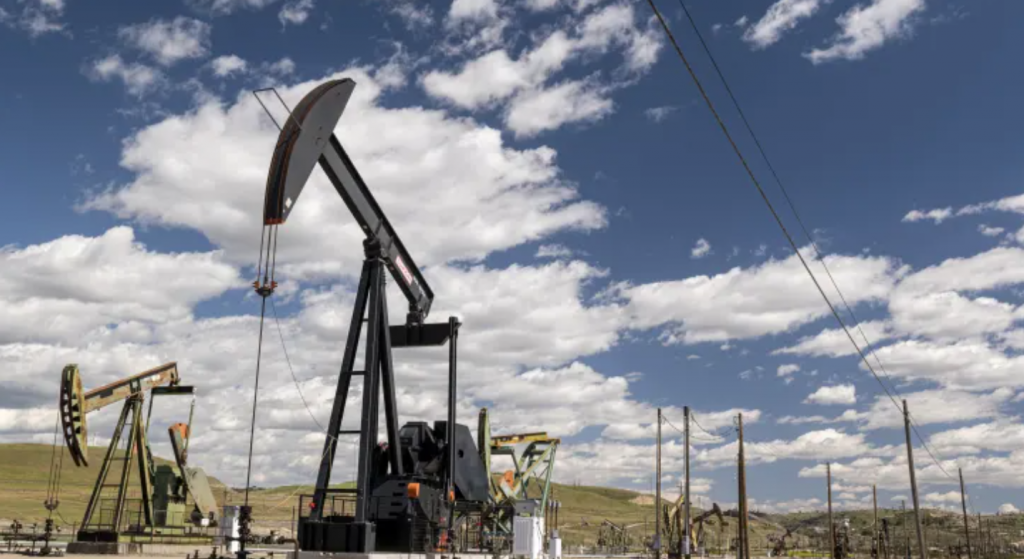
Crude prices fell on Thursday as the United States and its allies discussed a possible further coordinated release of oil from storage to help calm energy markets in the wake of Russia’s invasion of Ukraine.
Benchmark Brent fell by $1.99, or 1.6% to $119.61 a barrel.
U.S West Texas Intermediate (WTI) was down $2.10, or 1.8%, at $112.82 a barrel.
“With respect to the emergency stockpiles, these are ongoing discussions and all those tools are certainly on the table,” U.S. energy secretary Jennifer Granholm said at a news conference at the headquarters of the International Energy Agency in Paris.
IEA Executive Director Fatih Birol said IEA countries were united in seeking to radically reduce Russian oil and gas imports.
Further adding to bearish sentiment, officials of the Organization of the Petroleum Exporting Countries (OPEC) have expressed to the EU their unease about a proposed ban on Russian oil, OPEC sources said.
Trading was volatile though. Earlier in the session WTI and Brent rose by around $2 a barrel on lingering supply concerns including reports that crude exports from Kazakhstan’s Caspian Pipeline Consortium (CPC) terminal had completely halted following storm damage.
Investors were also waiting to see how Western sanctions will be tightened on Russia over its invasion of Ukraine.
Commerzbank analyst Carsten Fritsch said sanctions were unlikely to have a major impact on the oil market because they “will probably not include an oil embargo by the EU, as a number of countries that are heavily depend on Russian oil — such as Germany — have opposed this.”
Thursday’s price fall was capped by a drop in U.S. crude in the Strategic Petroleum Reserve (SPR), which fell to the lowest level since May 2002, the U.S. Energy Information Administration (EIA) said on Wednesday.
Adding to concerns about available supply, slow progress in talks on a deal between world powers and Iran over Tehran’s nuclear work means prospects for Iranian crude returning to the market have been pushed back.
“Unless Iran is allowed back to the market quickly it is hard to see how further price increase, potentially above the recent peaks, can be avoided,” PVM oil broker Tamas Varga said.
White House national security adviser Jake Sullivan said on Wednesday the United States and its allies had made progress in Iran nuclear talks but issues remained.
“A lifting of Iranian export restrictions would help alleviate the immense tightness prevalent in crude markets right now,” consultancy JBC Energy said in a note, adding that Iran was already preparing to ramp up exports.